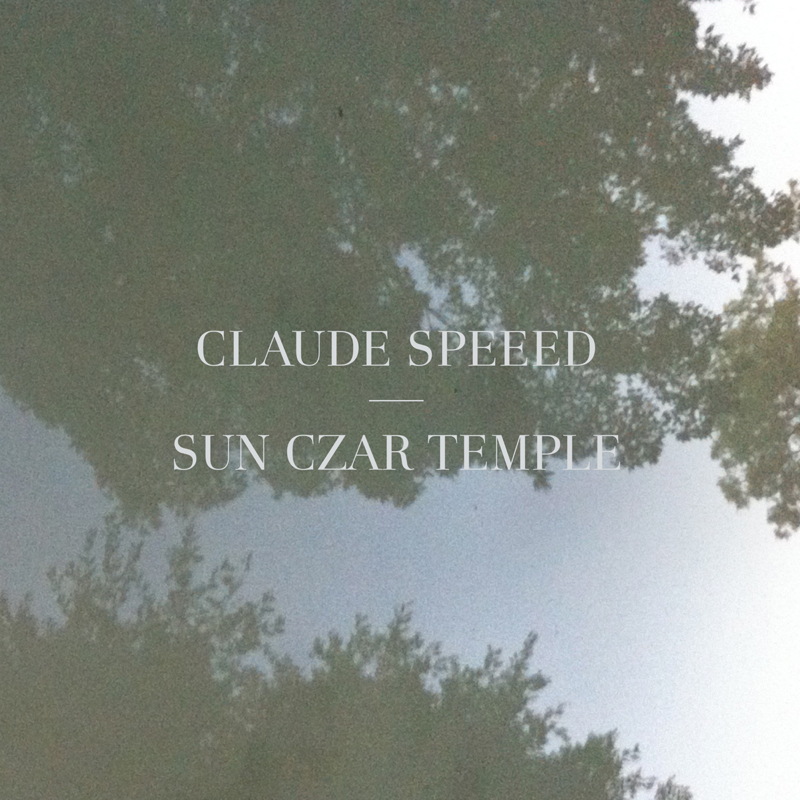Claude Speeed Sun Czar Temple
The Scottish producer continues exploring dense soundscapes on a new EP for Planet Mu.

Claude Speeed‘s music is something of a study in contradictions. Though he’s been involved in several projects over the years, most listeners first came into contact with the Scotsman during his time as part of the band American Men, which released a drifting debut EP on Glasgow label LuckyMe (an imprint more often known for its beat-oriented offerings). In 2014, Speeed stepped out on his own, returning to LuckyMe with a solo album largely made of similarly shifting textures. Now, he’s followed it up with a new 12″ for Planet Mu, Sun Czar Temple. It’s a short but sweet listen that, like his work on LuckyMe, initially seems a bit out of step with its record label’s ethos; on subsequent listens, however, the EP unfurls, and its pieces begin to fit into place.
The first track, “Traumzeuge,” is the record’s finest. It begins simply, with soft piano notes lurking underneath a corroded layer of digital hiss. The digital treatments give the piano an ominous feel, and it builds in intensity until it fades away altogether, revealing a gentle guitar melody with an accompanying vocal. It’s the EP’s most human moment, and the brief shift into post-rock after the heavyweight tenor of the first couple of minutes makes for a tender, touching contrast.
The EP’s remaining four tracks feature digital soundscapes that vary in tone and character. “Dr. Liz Wilson,” the second track, consists of coruscating, chirping electronics that could pass for an outtake from a recent Autechre album, in the best possible way. “Vin” is woefully short, clocking in at only 90 seconds; it presents what is perhaps the record’s most soothing, comforting moment, and is something that could have gone on far longer without prompting complaints. On “Fret,” the scattered and stochastic elements of “Dr. Liz Wilson” return, set against a synthesizer background that gives way to disembodied vocals. “R U Sorry?” ends the EP on a melancholy note, featuring the same digital corrosion that the record opens with.
When all is said and done, Sun Czar Temple offers up one fantastic standout composition and a series of secondary pieces that, while compelling, don’t quite measure up to the caliber of the first track. Claude Speeed has a real knack for blurring the edges between digital composition and traditional rock songwriting, but there are a lot of ideas at play here, and the EP might have benefited from a sharper focus.

